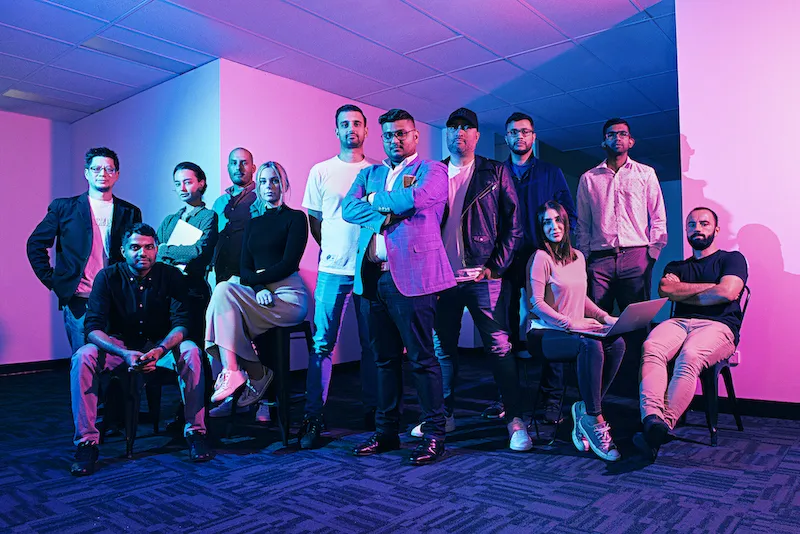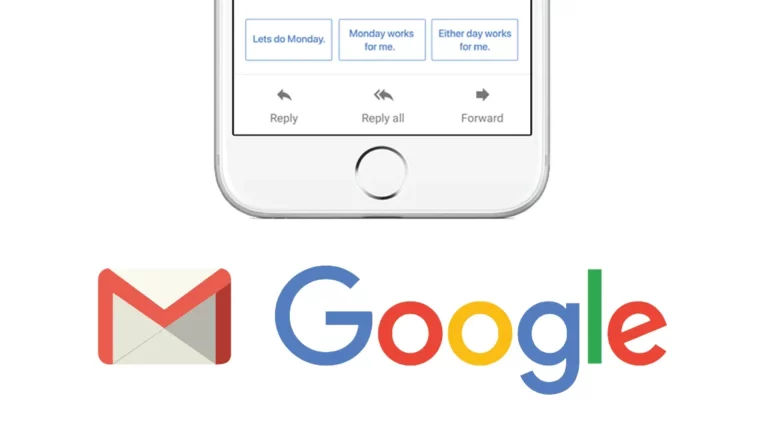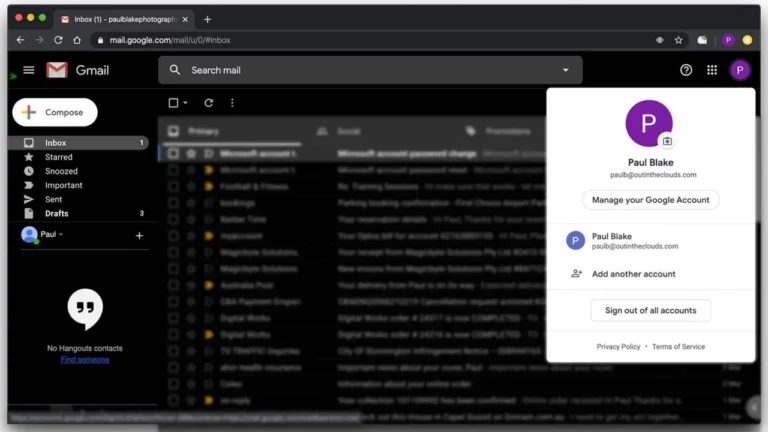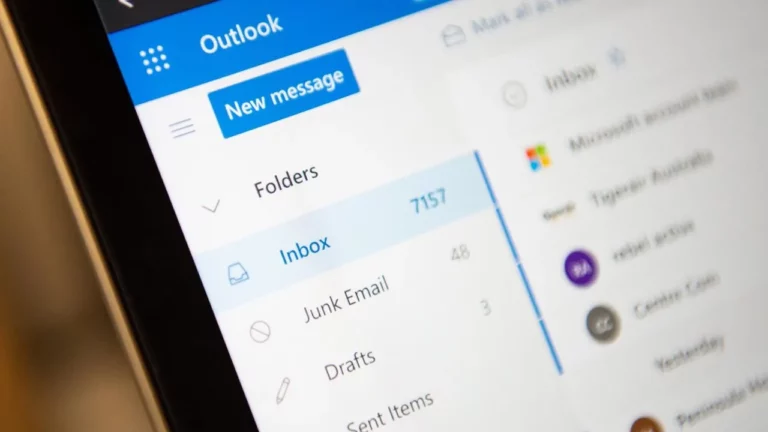5 Predictions About The Not-So-Distant Future Of Work
It’s always complicated to make predictions, especially about the future, yet, when it comes to how we work; the transformations tend to happen gradually and over a lengthy period (this COVID-19 shake-up excluded) making it easier to predict where work-trends are headed.
As we move into a new phase of globalisation, everyone seems to agree that the not so distant future of work needs a serious refresh, a new architecture, and a new purpose, so what transformations can we see happening sooner rather than later? Here are our top predictions:
The corporate gig economy will increase
The gig economy refers to the growing number of workers dropping traditional employment in favour of working autonomously on a task-by-task basis for multiple employers. With companies always trying to reduce costs and liabilities, we will see the gig economy continue to increase in the future of work as people are employed as specialists, contractors or freelancers and then move on to the next gig. More positions will become fluid within businesses, with gig workers, simultaneity working on multiple projects, giving people independence and freedom to choose when and where to work.
Leadership will look a little different
The reality is Gen Z view leadership in a completely different light to their predecessors. As we see it, the traditional workplace bureaucracy will no longer exist in the near future as employees will expect greater transparency and will want their work and role to relate to the mission, vision, and purpose of the company they work for.
As a leader in the future, your role is likely to shift towards being an advocate for change, diversity, innovation and you will need to possess the skills to make each employee thrive in a rapidly changing business climate.
A huge focus on people.
This has been in the pipeline for a few years now. Right now, more than ever people are wanting to create a healthy balance inside and outside of the workplace. Looking ahead, companies will need to make a greater effort to prioritise the mental and emotional needs of employees as they hire Gen Z talent and millennial workers. Company culture and employee engagement will be more important than ever, as the new generation of employees coming into the workforce will desire to work for enterprises that are innovative, creative, fun and inspiring change.
Say goodbye to hot-desking
This is slightly provocative given its often an integral part of creating an agile working environment, and yet because of COVID-19 – this once cool practice will be kicked to the curb almost instantly as employees return to their offices in 2020. And considering the future, it doesn’t seem like this not-so-hot practice will return. Many employees believe it has been a major barrier to a productive start of their workday, creating unnecessary chatter and confusion as to where people might be at given time and most citing the search for a desk space as a waste of their time and energy.
Say, welcome back to your permanent desk and anchored co-worker!
More people to be proficient in data and AI solutions.
Businesses across the globe are currently facing a significant lack of tech talent, which makes us think that in the near future businesses will have to invest time and money into upskilling their existing employees rather than hire new ones to fill the void. Moving further into the future, employees will be required to understand how they can integrate AI capabilities into their everyday tasks. Tech upskilling will be an invaluable and incredible asset and will result in boosting productivity and streamlining autonomous tasks for employees while giving their employers the boost in profit they desire.







